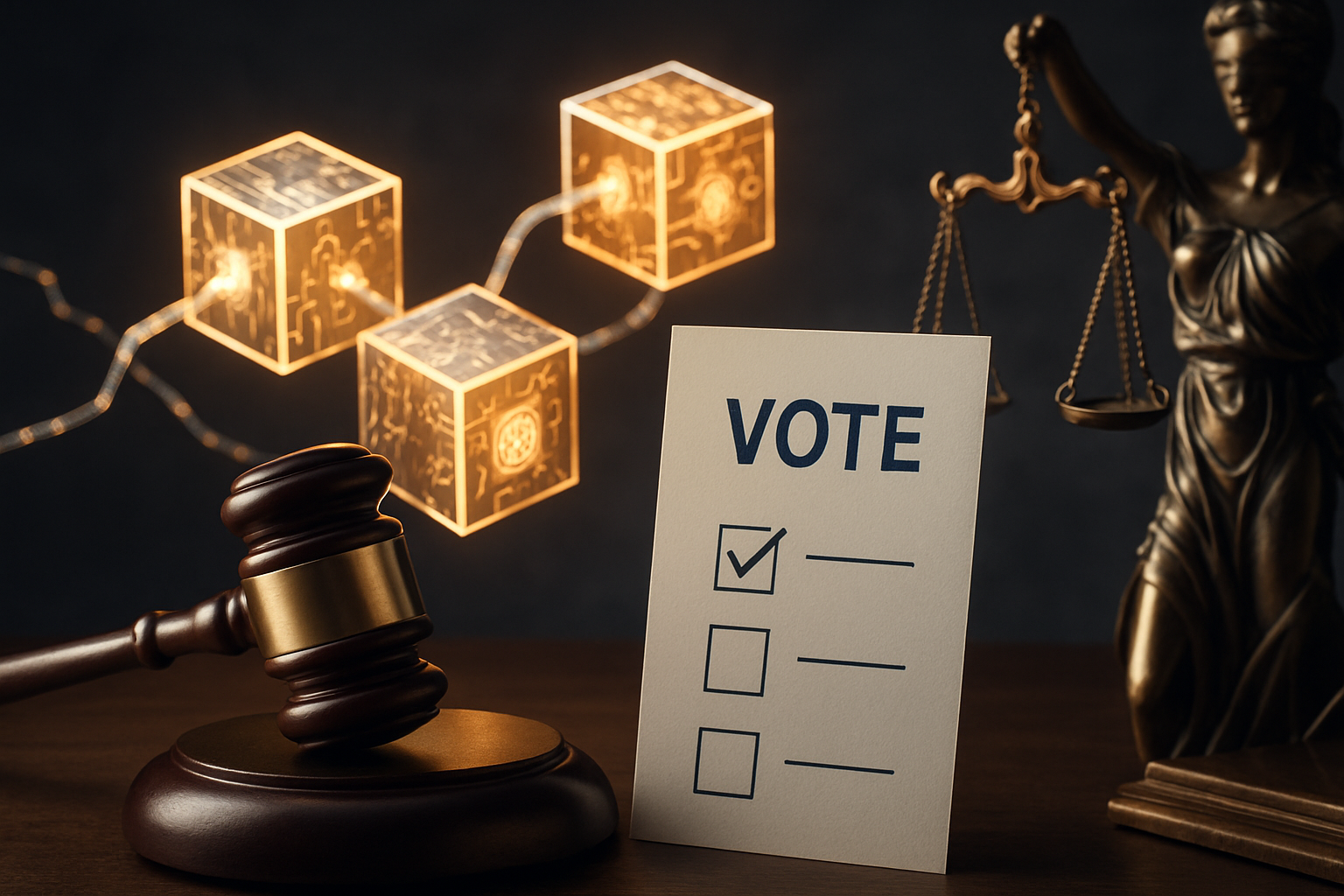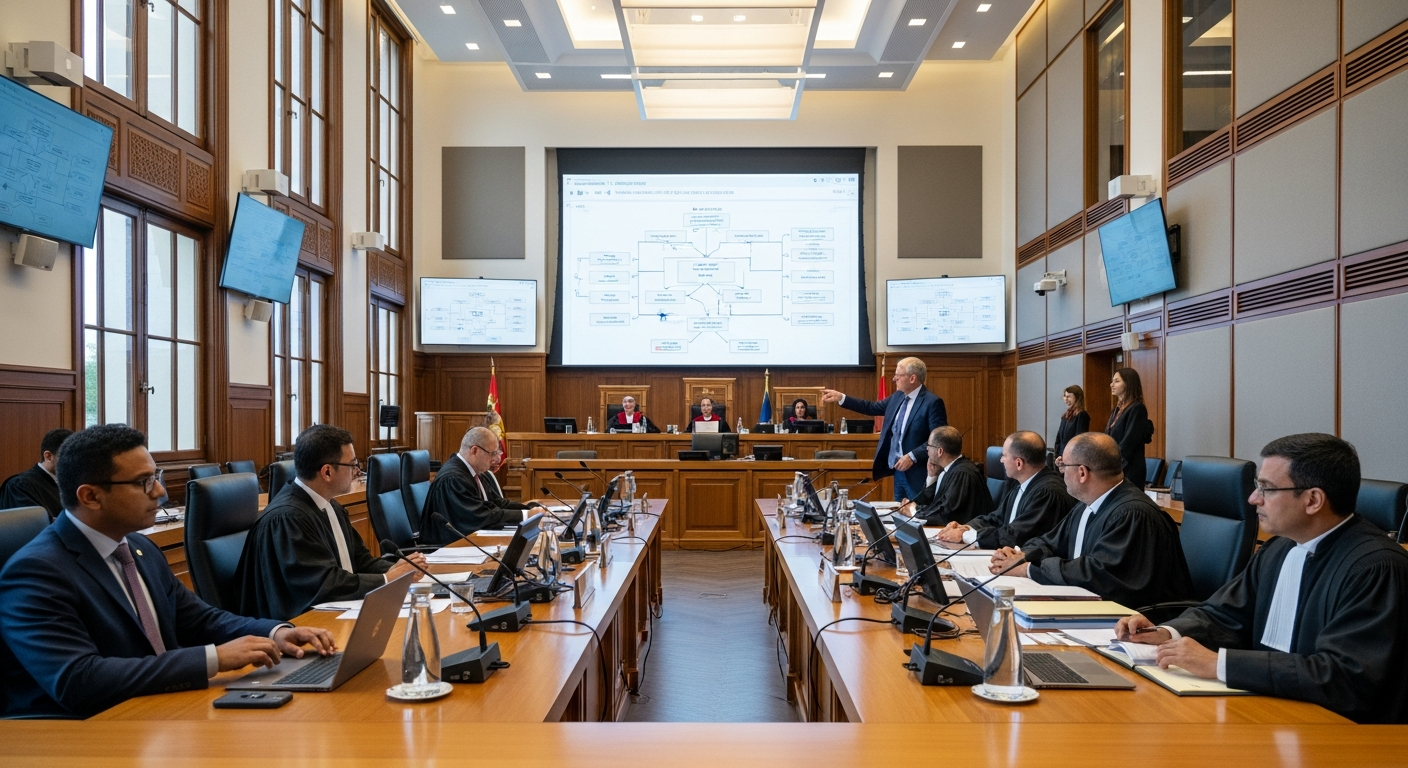The Legal Landscape of Algorithmic Decision-Making
Introduction: In an era dominated by artificial intelligence and machine learning, algorithmic decision-making systems are reshaping our legal landscape. These powerful tools, capable of processing vast amounts of data and making rapid decisions, are increasingly being employed in various sectors, from criminal justice to finance. However, their integration into legal processes raises complex questions about fairness, transparency, and accountability.

Historical Context and Legal Developments
The integration of algorithms into legal processes is not entirely new. Early forms of computerized decision support systems in law date back to the 1980s. However, the rapid advancements in machine learning and artificial intelligence over the past decade have catapulted these technologies to the forefront of legal innovation. This shift has prompted legislators and courts to grapple with the implications of algorithmic decision-making on due process, equal protection, and other fundamental legal principles.
Current Legal Challenges and Debates
As algorithmic decision-making systems become more prevalent, they face increasing scrutiny from legal scholars, practitioners, and policymakers. One of the primary concerns is the potential for these systems to perpetuate or exacerbate existing biases. For instance, if historical data used to train an algorithm reflects societal prejudices, the resulting decisions may unfairly disadvantage certain groups. This has led to calls for more robust anti-discrimination safeguards and transparency requirements in algorithmic systems used in legal contexts.
Transparency and Explainability Issues
A significant legal challenge posed by algorithmic decision-making is the black box problem. Many advanced machine learning models, particularly deep learning systems, operate in ways that are not easily interpretable by humans. This lack of transparency raises concerns about due process and the right to an explanation, especially in high-stakes legal decisions. Courts and regulators are now grappling with how to balance the benefits of these powerful tools with the need for explainable and contestable decisions.
Regulatory Approaches and Legal Frameworks
In response to these challenges, various jurisdictions are developing regulatory frameworks to govern the use of algorithmic decision-making in legal and administrative processes. The European Union’s General Data Protection Regulation (GDPR) includes provisions on automated decision-making, granting individuals the right to opt out of solely automated decisions in certain contexts. In the United States, proposals for an Algorithmic Accountability Act aim to require companies to assess and address the impacts of their automated decision systems.
The Role of Human Oversight
As the legal community navigates the complexities of algorithmic decision-making, there is growing consensus on the importance of human oversight. Many experts argue that while algorithms can be valuable tools, they should not completely replace human judgment in legal processes. This has led to discussions about hybrid systems that combine algorithmic analysis with human review, particularly in high-stakes legal decisions.
Future Legal Implications and Trends
Looking ahead, the integration of algorithmic decision-making in law is likely to continue evolving. Emerging trends include the development of explainable AI models that can provide rationales for their decisions, potentially addressing some of the current transparency concerns. Additionally, there is growing interest in using blockchain technology to enhance the auditability and immutability of algorithmic decision processes in legal contexts.
Conclusion
The intersection of algorithmic decision-making and law represents a frontier of legal innovation and challenge. As these technologies continue to advance, the legal community must adapt to ensure that fundamental principles of justice, fairness, and due process are upheld in this new algorithmic landscape. Striking the right balance between technological innovation and legal safeguards will be crucial in shaping a just and equitable legal system for the digital age.






